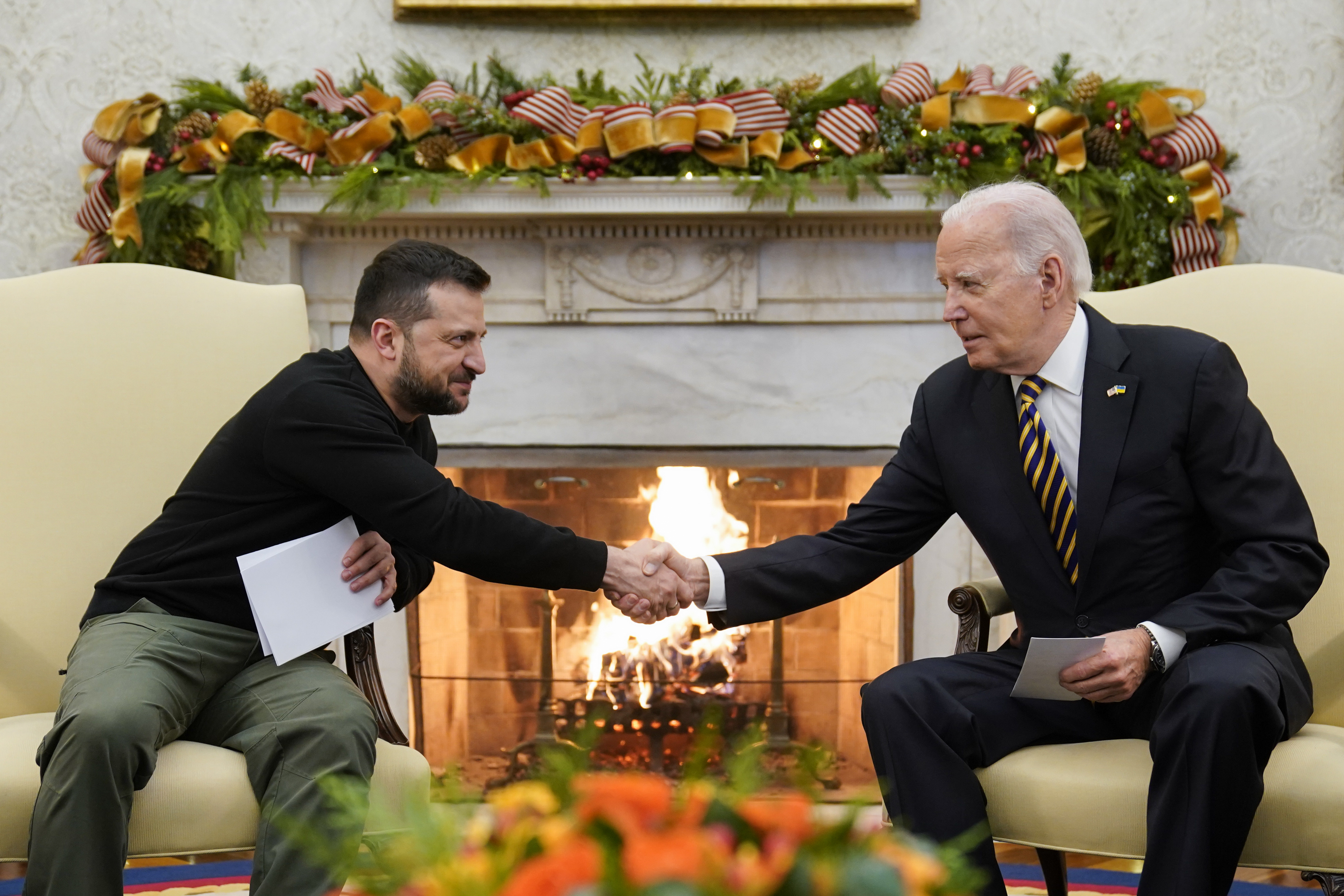Pakistan and Material Support for the Haqqani Network and for Attacks on American Soldiers
Extremist organizations serving as proxies of the government of Pakistan are attacking Afghan troops and civilians as well as U.S.
Published by The Lawfare Institute
in Cooperation With

Extremist organizations serving as proxies of the government of Pakistan are attacking Afghan troops and civilians as well as U.S. soldiers. For example, we believe the Haqqani Network—which has long enjoyed the support and protection of the Pakistani government and is, in many ways, a strategic arm of Pakistan’s Inter-Services Intelligence Agency—is responsible for the September 13th attacks against the U.S. Embassy in Kabul. There is ample evidence confirming that the Haqqanis were behind the June 28 th attack against the Inter-Continental Hotel in Kabul and the September 10th truck bomb attack that killed five Afghans and injured another 96 individuals, 77 of whom were U.S. soldiers. ...The actions by the Pakistani government to support them [i.e., the Haqqani Network and the Quetta Shura of the Afghan Taliban]—actively and passively—represent a growing problem that is undermining U.S. interests and may violate international norms, potentially warranting sanction. In supporting these groups, the government of Pakistan, particularly the Pakistani Army, continues to jeopardize Pakistan’s opportunity to be a respected and prosperous nation with genuine regional and international influence. [emphasis added].
Whew. These characterizations are not news to those who follow this topic closely (though note that Mullen didn't just put the blame on the ISI, but conspicuously and distinctly referred to Pakistan's army as well). Yet they are bracing statements. And the claim was put still more strongly, it seems, in his spoken remarks. According to Mark Thompson at TIME's Battleland, Mullen asserted that ISI provided support not just to the Haqqani Network in general, but specifically provided support for the network's September 10th truck bomb attack (killing wounding 77 American soldiers) mentioned above.
From a legal perspective, this is a declaration that the ISI and the Army of Pakistan are providing material support to forces directly engaged in hostilities against the United States and its allies, as well as support (at least by ISI) to specific operations against American forces. Yet for obvious reasons emphasized elsewhere in Mullen's testimony, it does not follow that we should therefore treat Pakistan or any particular element of its security establishment as an "associated force" within the scope of the AUMF; we could and probably would be far worse off in that theater as a result, with Pakistan at best ceasing to cooperate on various fronts (intelligence sharing, passage of supplies into Afghanistan) and at worst a collapse of the relatively-friendly current government in favor of something much more hostile. I don't envy the policymakers who must try to walk the line on this one.




